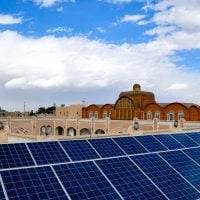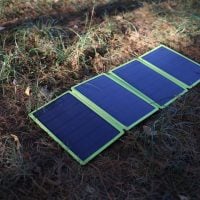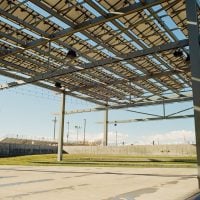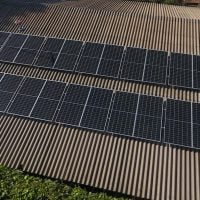Deadline: 9-Jan-23
The Federal Communications Commission (FCC) has launched the Affordable Connectivity Outreach Grant Program (ACOGP).
The goal of the ACP Outreach Grant Program is to facilitate the promotion of the ACP and increase awareness of and participation in the ACP among eligible households. To support this goal, the FCC is providing federal financial assistance through the ACP Outreach Grant Program to engage in targeted outreach to low-income households nationwide both to gauge existing levels of ACP awareness and to promote increased awareness of and participation in the program by eligible households.
Objectives
To support the ACP Outreach Grant Program goal, the FCC has identified three objectives:
- Expand and support diverse and impactful outreach efforts nationwide;
- Strengthen outreach partners nationwide by empowering them to mobilize people and organizations to help raise awareness about the ACP; and
- Increase ACP enrollment as a result of ACP Outreach Grant Program funded activities.
Priorities
- The extent to which an applicant would target underserved low-income households or individuals that are not currently on a low-income broadband plan or that do not have broadband service.
- The extent to which an applicant would target outreach in communities that have low ACP participation rates, to include those that plan to target especially hard to reach populations (including minorities, persons with disabilities, persons who live in rural or Tribal areas, and others who are or have been historically underserved, marginalized, or adversely affected by persistent poverty or inequality).
- In evaluating grant applications from state governmental entities or territorial governmental entities, CGB may also consider prioritizing grants based on whether the state or territory entered into or has committed to enter into a Computer Matching Agreement (CMA) with the Universal Service Administrative Company (USAC) for purposes of verifying the eligibility of low-income consumers for the ACP. This does not apply to non-governmental entities.
- In addition, the following are examples of evaluation factors that may be used for purposes of maximizing the impact and effectiveness of the outreach grant funds:
- Experience with, and past success in, conducting outreach regarding government programs and resources, particularly providing resources and directing services (such as ACP application assistance) and education to people of color, persons with disabilities, persons who live in rural or Tribal areas, and others who are or have been historically underserved, marginalized, or adversely affected by persistent poverty or inequality.
- Existing, trusted relationships with the communities that grant applicants expect to target (e.g., as “trusted messengers”), or the ability to readily establish those relationships, particularly relationships with people of color, persons with disabilities, persons who live in rural or Tribal areas, and others who are or have been historically underserved, marginalized, or adversely affected by persistent poverty or inequality.
- Familiarity with the ACP and experience with or knowledge of bridging digital disparities and connectivity issues.
- Experience with or capability of providing multilingual outreach, including American Sign Language.
Funding Information
- Funding Availability for this NOFO: $70,000,000
- The minimum (floor) amount an applicant may apply for is: $50,000
- The maximum (ceiling) amount an applicant may apply for is: $1,000,000
- For the ACP Outreach Grant Program, grant recipients must expend awarded funding against their approved projects and supporting milestones within 24 months (2 years).
Eligibility Criteria
- State governments and subdivisions thereof (including the District of Columbia and Puerto Rico);
- U.S. Territory governments and subdivisions thereof such as the U.S. Virgin Islands, Guam, American Samoa, and the Commonwealth of the Northern Mariana Islands;
- Local governments and subdivisions thereof (including county, borough, municipality, city, town, township, parish, local public authority, special district, intrastate district, council of governments, and agencies or instrumentalities of multi-regional or intrastate or local government);
- Tribal governments and subdivisions thereof, as well as tribal organizations;
- Public housing agencies;
- Tribal designated housing entities;
- Social service providers (e.g., food banks, community transportation, childcare);
- Education organizations, such as schools and other institutions of higher education;
- Workforce development training organizations;
- Non-profit organizations (501(c)(3) status is not required);
- Community-based organizations (including faith-based organizations and social service organizations);
- Community anchor institutions;
- Public service organizations; and
- Consortia of the entities.
For more information, visit https://www.grants.gov/web/grants/view-opportunity.html?oppId=344441









































